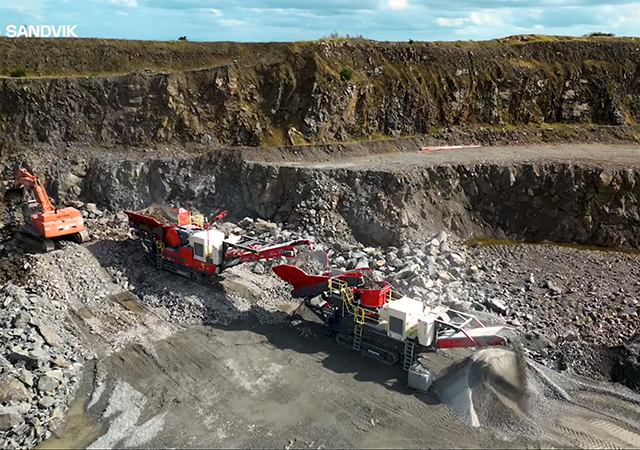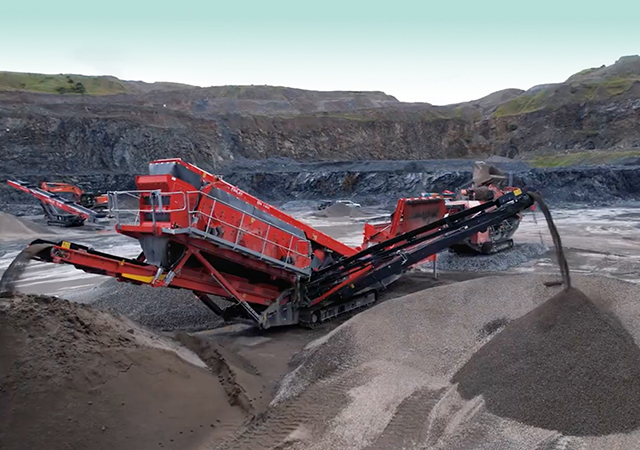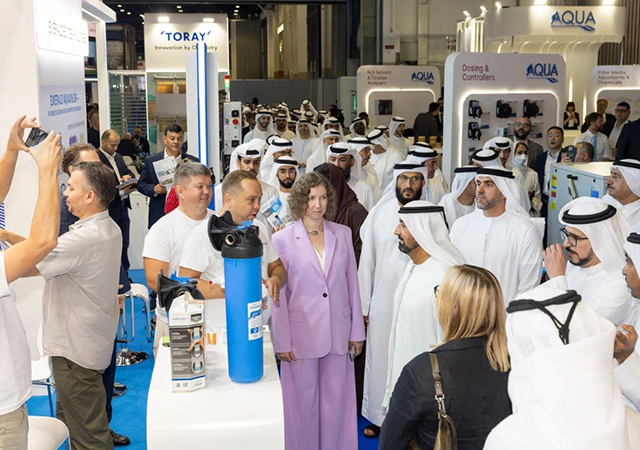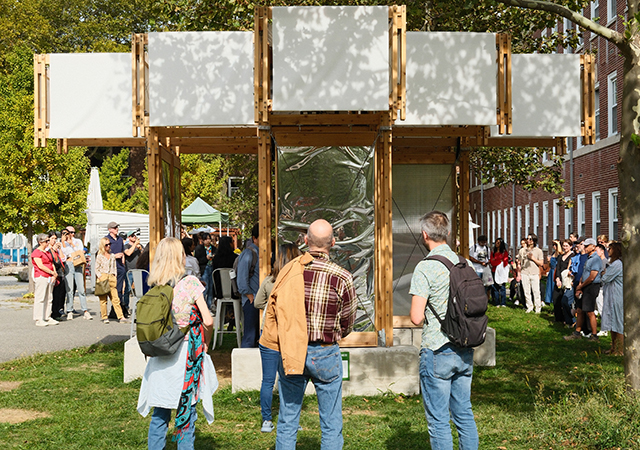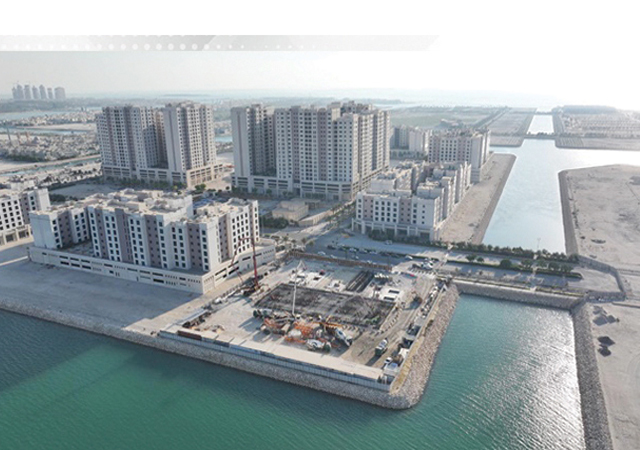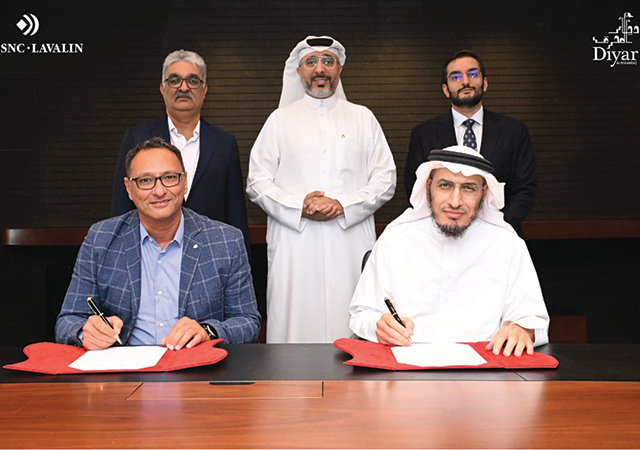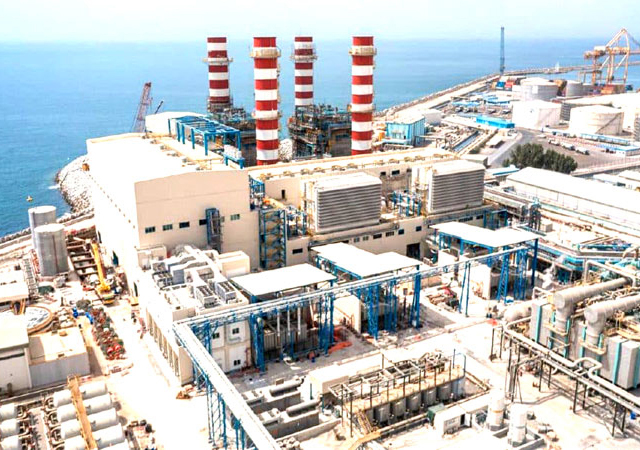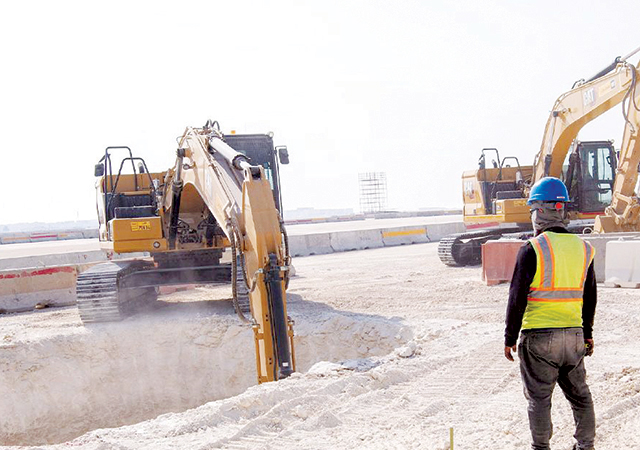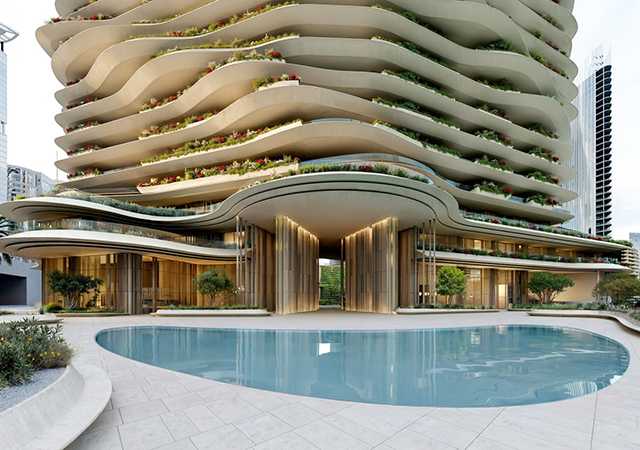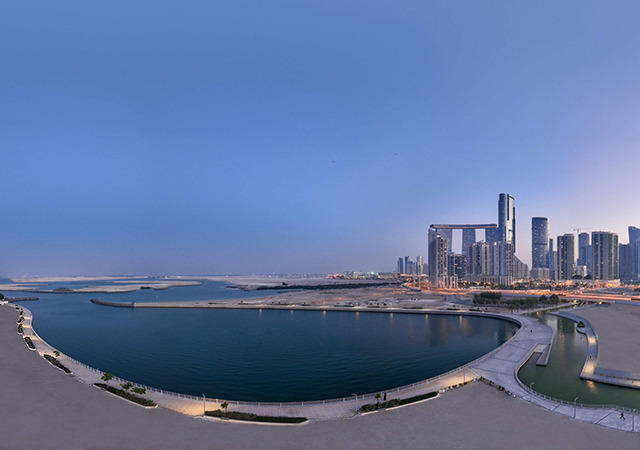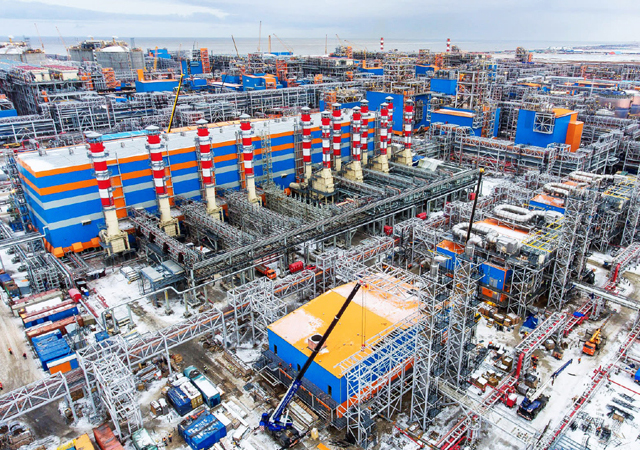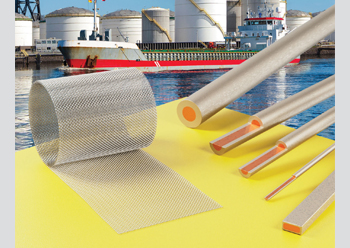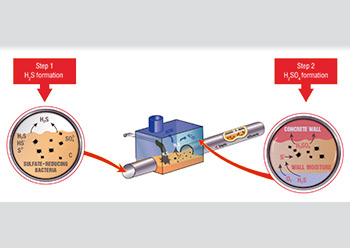
 Industrial concrete floors are at risk of external concrete damage from heavy traffic and exposure to harsh chemicals.
Industrial concrete floors are at risk of external concrete damage from heavy traffic and exposure to harsh chemicals.
Migrating Corrosion Inhibitors (MCI), commonly used to tackle the corrosion of embedded rebar in new or existing concrete, offer a broad range of benefits, says the US-headquartered Cortec Corporation, which offers a range of MCI technology solutions within its portfolio of 400 products.
Its PTC Emitters amply demonstrate these benefits, says the company. PTC Emitters are breathable pouches that contain MCI powder. They can be placed in any void space enclosure where corrosion protection is needed. This powder vaporises through the pores of the pouch, diffuses throughout the space, and finally forms a protective molecular layer on surrounding metal surfaces, Cortec explains.
Distribution of the MCI vapours in large spaces can be enhanced by blowing dry air through the pouches, if needed.
“PTC Emitters were initially designed to mitigate corrosion on suspension bridge cables, which are made of many metal strands twisted together with voids that can capture moisture and foster corrosion between the strands,” says a spokesman for the company. “Dehumidification systems are sometimes used to force dry air through these cables in an effort to reduce moisture and stave off corrosion. PTC Emitters are a perfect back-up to the deficiencies of dehumidification. They can be easily placed in chambers added to the dehumidification piping for the purpose of blowing MCI throughout the intricacies of the suspension cable strands.”
PTC Emitters can also be adapted to many other construction/structural applications where metal needs corrosion protection inside a void space such as tubular structures, pipes, and vessels; segmental concrete bridge tendons/cables; and reinforcement inside box girder segments.
Cortec’s line of MCI technologies offers many outstanding options, however not all treatments are equally suited to every application, the company points out. It is, therefore, important to know when and why to choose a product.
According to the spokesman, the first step in selecting a product to extend service life is considering the structure and its environment. For example, an engineer planning a new parking ramp in a harsh winter environment where deicing salts are used could extend service life by specifying MCI admixtures for the concrete mix. Workers performing concrete repairs can help the repair last longer by incorporating MCI Mini Grenades into repair mortars.
“Facility managers can ward off corrosion on existing structures through periodic application of surface-applied corrosion inhibitors (SACIs) such as MCI-2020,” he says.
While these products could also be used for concrete floors, often the biggest concern in an industrial environment is the risk of external concrete damage from heavy traffic and exposure to harsh chemicals, which allows corrosives to enter the substrate. It is in such applications that MCI-2026 floor coating provides an excellent first line of defence, he says.
MCI-2026 floor coating is especially helpful where there are strict volatile organic compounds (VOC) limits and in areas with heavy traffic and/or chemical spillage, among other applications.
“MCI-2026 floor coating addresses the first concern by being a 100 per cent solids, two-component novolac epoxy coating with zero VOCs. This is perfect for maintaining VOC compliance and is a great advantage for workers applying the coating,” he says.
MCI-2026 achieves a high degree of physical and chemical resistance while maintaining excellent adhesion to properly placed primers. In so doing, it protects concrete surfaces from aggressive industrial environments and prevents the intrusion of corrosive elements that would cause further concrete deterioration at the reinforcement level. MCI-2026 floor coating can be used alone as a body/basecoat or as a topcoat if additional internal moisture resistance is needed by priming the floor below.
Best practices
Next in importance to choosing an appropriate technology is applying it properly, the spokesman points out. As for any coating, good surface preparation is critical to ensuring the best performance possible. Before applying MCI-2026, workers should make sure that the concrete floor is clean and sound with a minimum surface profile of CSP-2. Existing coatings should be removed to ensure proper adhesion.
“As a two-component product (a feature that allows crosslinking for an overall stronger coating chemistry), MCI-2026 floor coating should be properly mixed and applied at the right temperatures per manufacturer’s instructions to work as designed,” he says.
MCI-2026 floor coating provides concrete floors with a high degree of physical and chemical resistance, thus making the floor more durable by protecting against physical and chemical damage and by blocking the intrusion of corrosives in an aggressive environment, he concludes.



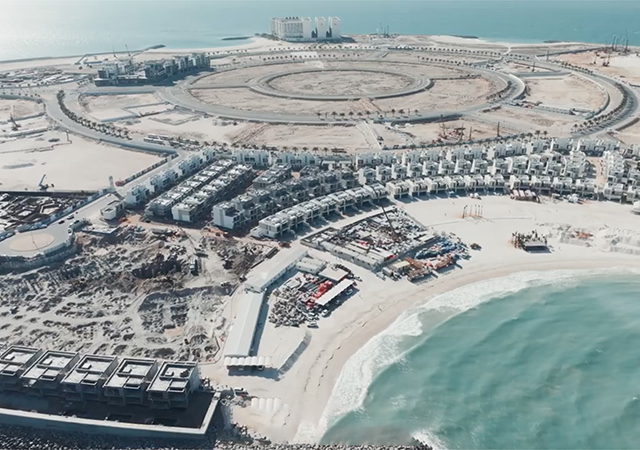

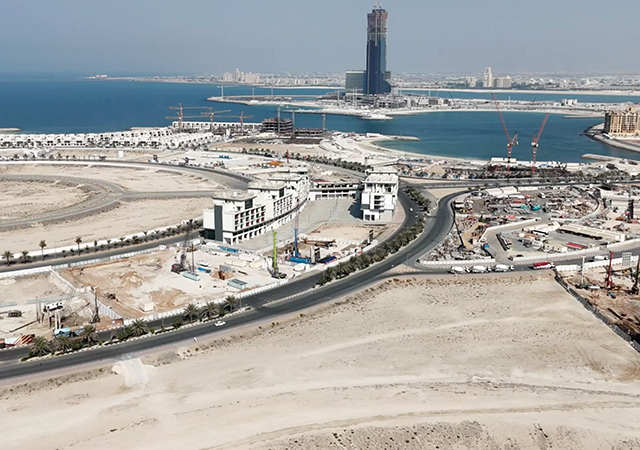







(5).jpg)
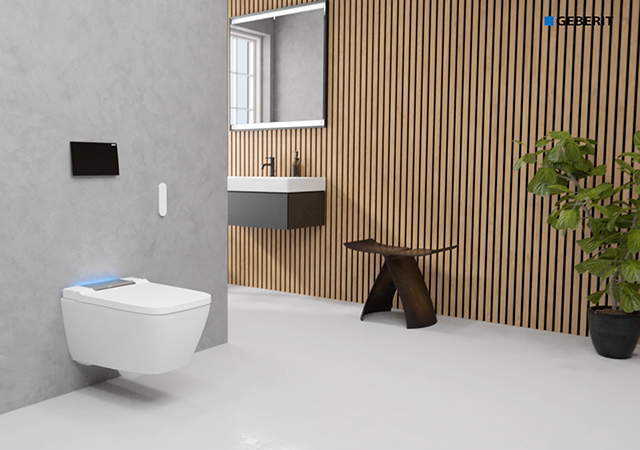





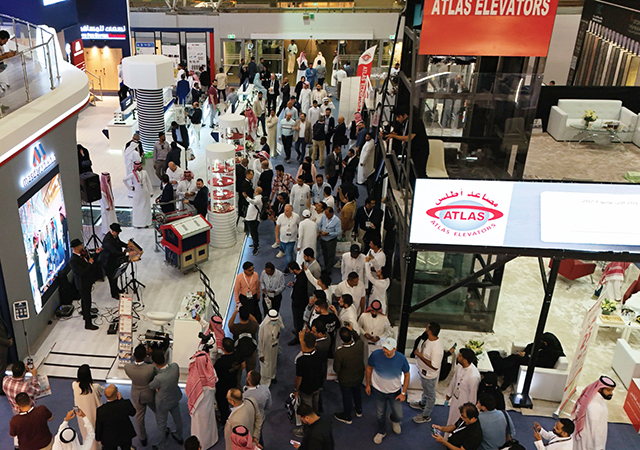

.jpg)



